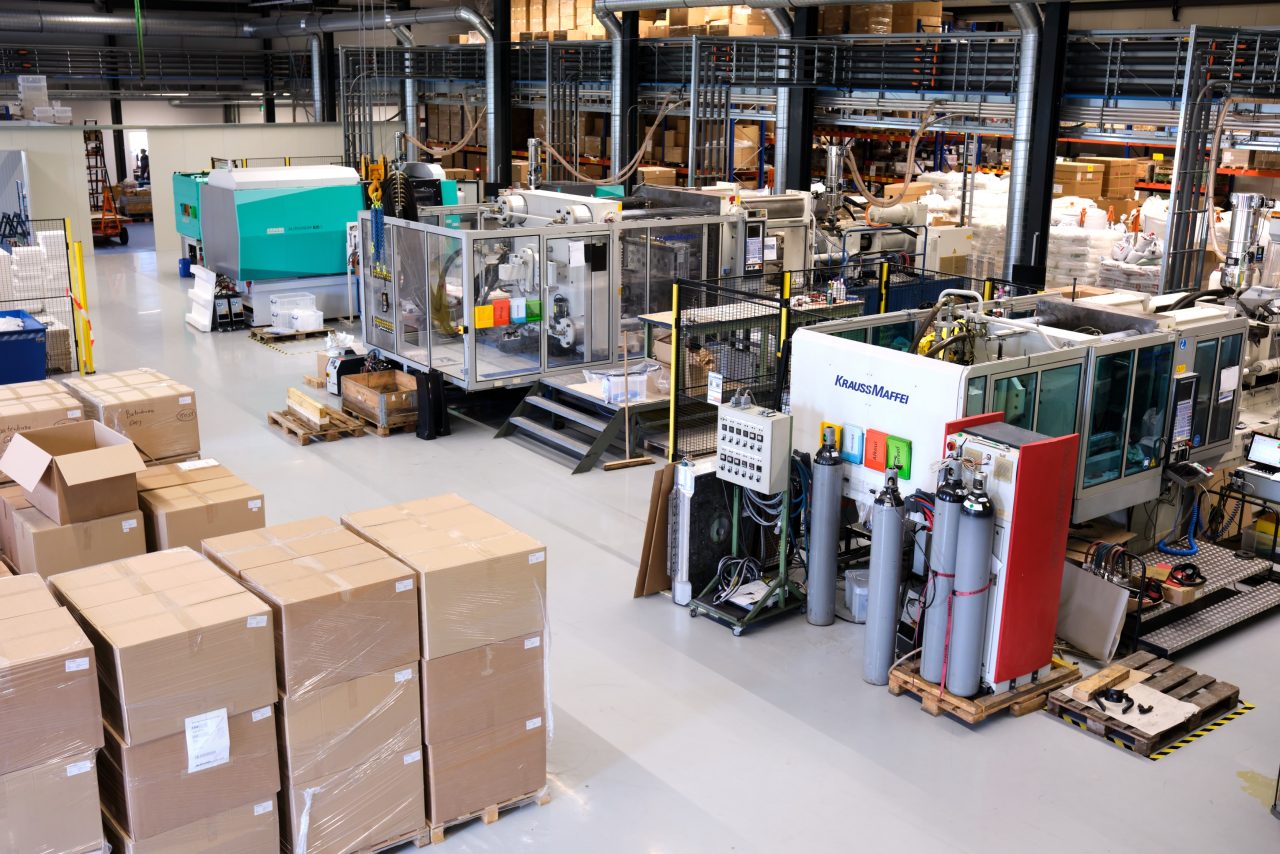Assembly and the possibilities at Promatrix
At Promatrix we offer a wide range of possibilities for assembling products. This way we can take care of our customers as much as possible. Curious about the possibilities? Read our latest blog.
Sustainability has been important to many companies for years. The plastic injection moulding company Promatrix is naturally also actively involved in this.
For example, the reuse of materials must be considered and the use of plastics made from fossil resources has to be reduced. We don’t only process virgin material for our customers, but also use bioplastic and recycled material. What are these materials and how are they processed? Kees Langerak, Injection Moulding & Assembly Manager, tells us.
“Bioplastic is made from biodegradable materials such as sugar cane, wood fibres or maize. The materials we receive for processing are often blends. They can be processed just like polypropylene, so there is little extra work or challenge for us. Our moulds and machines are also suitable for it. We haven’t had to deal with it very often, but we see the demand for it growing.”
“What we’re seeing much more often is customers choosing recycled plastic. Many customers want us to take care of the material for their injection moulded products. We often play an advisory role in this, where we always bring up this option as an interesting alternative. Customers are increasingly asking for it themselves. In the automotive industry, the use of recycled plastic was unthinkable a few years ago. It’s nice to see that they too are increasingly considering recycled plastic as the norm.”

“The recycled plastic we process is often delivered very neatly. We often use Mafill for products where the mechanical properties aren’t important. The plastic is cleaned, melted and returned to granules. It’s great stuff and easy to process. We’ve also tested how ground material works. It’s really shredded material, for example from plastic beer crates. All the colours mixed together make it a dull and dark product. A customer then has much less freedom in choosing colours. It has also turned out to be more complicated to process than granules. So there’s clearly a difference in recycled material.”
“A great circular example is from one of our customers who makes barriers around sports fields. We make the supports into which the barriers are fixed from recycled artificial grass that comes off the sports fields. The artificial grass is ground up and delivered to us. It needs some extra attention during processing because it’s a type of ground material, but it ultimately produces a great product. That’s really super-circular and sustainable.”